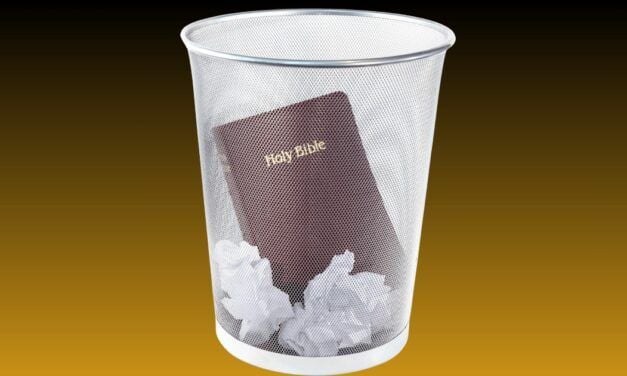The full PDF can be viewed by following the link below the excerpt.
Is the Catholic Church Christian- A BackgroundMy research convinces me that the majority of evangelical Protestant theologians and scholars who are knowledgeable concerning Catholicism would be perplexed to hear Catholicism classified simply as a “non-Christian religion” or an “anti-Christian cult.”1 This perplexity would stem from the fact that no matter how theologically deviant Catholicism might be — even if in some respects apostate — it certainly does possess a structural or foundational orthodoxy, reflected in its adherence to the ancient ecumenical creeds (see Part One).2 As such, it should be considered at least provisionally a Christian church body. Certainly most evangelical Protestant scholars would also insist that the unfortunate unbiblical elements found in Catholicism mitigate against, or in some instances tend to undermine, aspects of that foundational orthodoxy.
Is the Catholic Church Christian- Theological TensionRecognizing and understanding this tension in Catholic theology of the right hand giving (foundational orthodoxy) and yet the left hand taking away (affirming teaching that is inconsistent with that orthodoxy) is, in this writer’s opinion, a key to formulating a sound Protestant evaluation of Catholicism. Despite this tension, however, most evangelical scholars believe that the core orthodoxy is never entirely eclipsed. For example, though very critical of Catholicism at numerous points, evangelical theologian John Jefferson Davis of Gordon-Conwell Theological Seminary stated that “conservative evangelicals could affirm about 85 percent of what Catholics believe.”3
Even the Protestant Reformers4 themselves clearly acknowledged that Catholicism as a system affirmed the basic articles of the historic Christian faith. The Reformers simply charged that in both belief and practice the medieval Catholic church compromised its formal adherence to orthodoxy — specifically as related to its obscuring and undermining the gospel message.
Is the Catholic Church Christian- The ReformationBecause the Catholic church would not itself reform, the Reformation became an unavoidable though tragic necessity. However, while the Reformers called into question the Catholic church’s right to be called a “true church” (because it was failing to preach the true gospel), they did not think it had lost all the qualities of a true church. For example, they did not require the rebaptizing of those who had once been baptized as Roman Catholics.5 In a book discussing the relationship of heretical doctrine to historic Christian orthodoxy, theologian Harold O. J. Brown of Trinity Evangelical Divinity School made this insightful comment concerning Catholicism:
The strongest accusation that can be made against Roman Catholicism from this perspective is not that it is heretical in structure, but that it is heretical in effect, in that it effectively undercuts its own formal adherence to the major Christological stands of its official creeds. In other words, Reformation Protestantism acknowledges that Catholicism possesses the fundamental articles of the faith, but claims that it so overlays them with extraneous and sometimes false doctrines that the foundations are no longer accessible to the majority of Catholic believers.6
While Catholicism is foundationally or structurally an orthodox Christian church (affirming the creeds), Reformed theologian Roger Nicole is nevertheless correct in stating: “Reformation Protestants believe that much in Catholic theology tends to undermine and compromise that orthodox Christian confession — especially as it relates to the crucial issue of the gospel message.”7 In agreement with most evangelical scholars, then, the Christian Research Institute regards Roman Catholicism as neither a cult (non-Christian religious system) nor a biblically sound church, but a historically Christian church which is in desperate need of biblical reform.8
Is the Catholic Church Christian- Divisive DifferencesThe compromises in Catholic theology are so serious as to warrant the sixteenth century Reformation and the continued separation on the part of present-day Protestantism. At the same time, however, these compromises are not serious enough to warrant the extreme classification of Catholicism as a non-Christian religion or anti-Christian cult. Some have criticized this position for not being more definite; however, rarely does one find simple black and white answers to complex theological issues. As theologian Desmond Ford has articulately stated: “Theological truths are seldom pure, and almost never simple.” The task of correctly understanding and evaluating the long history, intricate doctrine, and diverse practices of Roman Catholicism is no simple chore.








